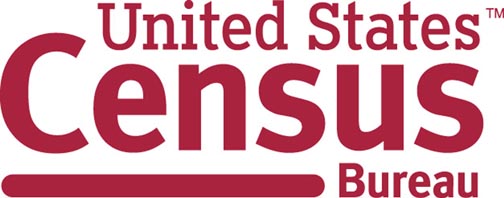Study confirms Puerto Rico elderly facing ‘harsh reality’


Hernán Vera-Rodriguez, dean of the Pontifical Catholic University’s School of Graduate Studies in Behavioral Sciences and Community Affairs.
A study released Wednesday by the Pontifical Catholic University of Puerto Rico on current conditions the island’s elderly population is facing revealed that 40 percent of seniors 65 and older have incomes that place them at the level of extreme poverty.
As a result, that segment of the population lacks the resources to maintain an adequate standard of living and for the most part is receiving nutritional assistance from the government, according to the “Analysis of the situation of Puerto Rico’s elderly.”
Furthermore, the study concluded that the island’s elderly population is in worse shape than older adults residing in the U.S. mainland.
Hernán Vera-Rodriguez, dean of the University’s School of Graduate Studies in Behavioral Sciences and Community Affairs, presented the study he authored upon observing the continuous growth of the elderly population in Puerto Rico and internationally.
The study examined relevant aspects, such as the economic and social reality of this population, the implications of its growth on society, and their tastes and interests.
Data included in the study shows the incremental growth of the elderly population worldwide, which went from 300 million in 1969 to 810 million at present, most of which are women.
In the case of Puerto Rico, data from 2012 shows that 574,817 elderly people resided on the island, which means that 16 out of 100 people belonged to this age group.
“Most of the older population lacks the resources to maintain an adequate standard of living,” Vera-Rodríguez said.
The study also showed that about 537,000 seniors are out of the workforce and about 40 percent have incomes that place them at the poverty level, according to the 2012 U.S. Census Bureau. Even with aid and benefits such as Social Security, retirement plans, and Nutrition Assistance Program, the average salary for a senior was $14,077, compared with the general population, which averaged $30,270 in 2012.
The low income levels are compounded by the inflationary effect of 2.1 percent on food, 3.8 percent on health care, 7.4 percent on water and sewer costs, and 8.8 percent on medical products, representing an average increase in the cost of living for older adults. The study also shows that about 50,000 grandparents take care of their grandchildren under the age of 18.
In the area of health care, the study shows that Puerto Rico’s over-50 population usually has a higher percentage level of disease and harmful conditions than their stateside counterparts.
For example, the prevalence of high pressure is 10 percent higher in Puerto Rico than in the U.S. mainland, and the incidence of diabetes in older adults is higher than in the U.S. (16.9 percent vs. 26 percent in Puerto Rico). In addition, 51.2 percent of Puerto Rico’s older residents have disabilities vs. 37 percent in the U.S. mainland. As for health coverage, only 10.35 percent have private insurance, 15.4 percent have the government’s public health plan coverage, and 71.5 percent have Medicare.
In light of the findings, Vera-Rodríguez said measures must be put in place to work with the surveyed population’s reality. Among them, he recommended:
- Training entrepreneurs on the capacity and potential of older adults;
- Empowering seniors in entrepreneurship and self-management;
- Developing support programs for grandparents raising grandchildren;
- Creating partnerships among economic sectors (government, banks and cooperatives) so that seniors can buy their own homes;
- Giving government agencies that provide support to elderly the human and fiscal resources needed to support this population and enforce their rights;
- Providing educational support for older adults, particularly in the area of technology, to facilitate their lives in modern society; and,
- Exploring the effects of government retirement reforms on the economic situation of the elderly and develop public policies in tune with this reality.
“It is important, in our own interest, to change the concept of old age. Older adults still have much ability to contribute valuable elements to the society in which they live. In addition, if they are integrated into the community, dependence and disease will take longer to arrive,” he said.











